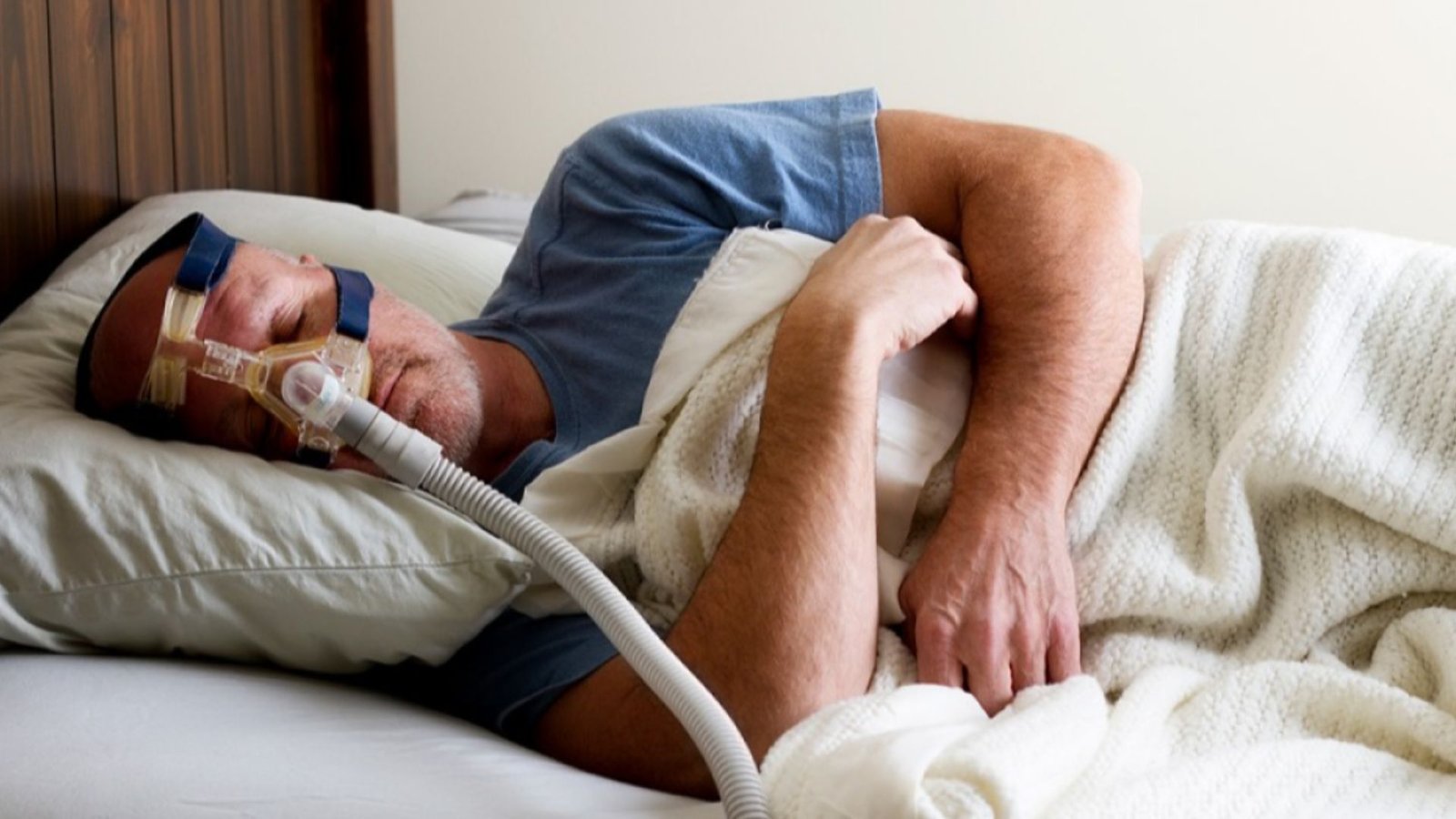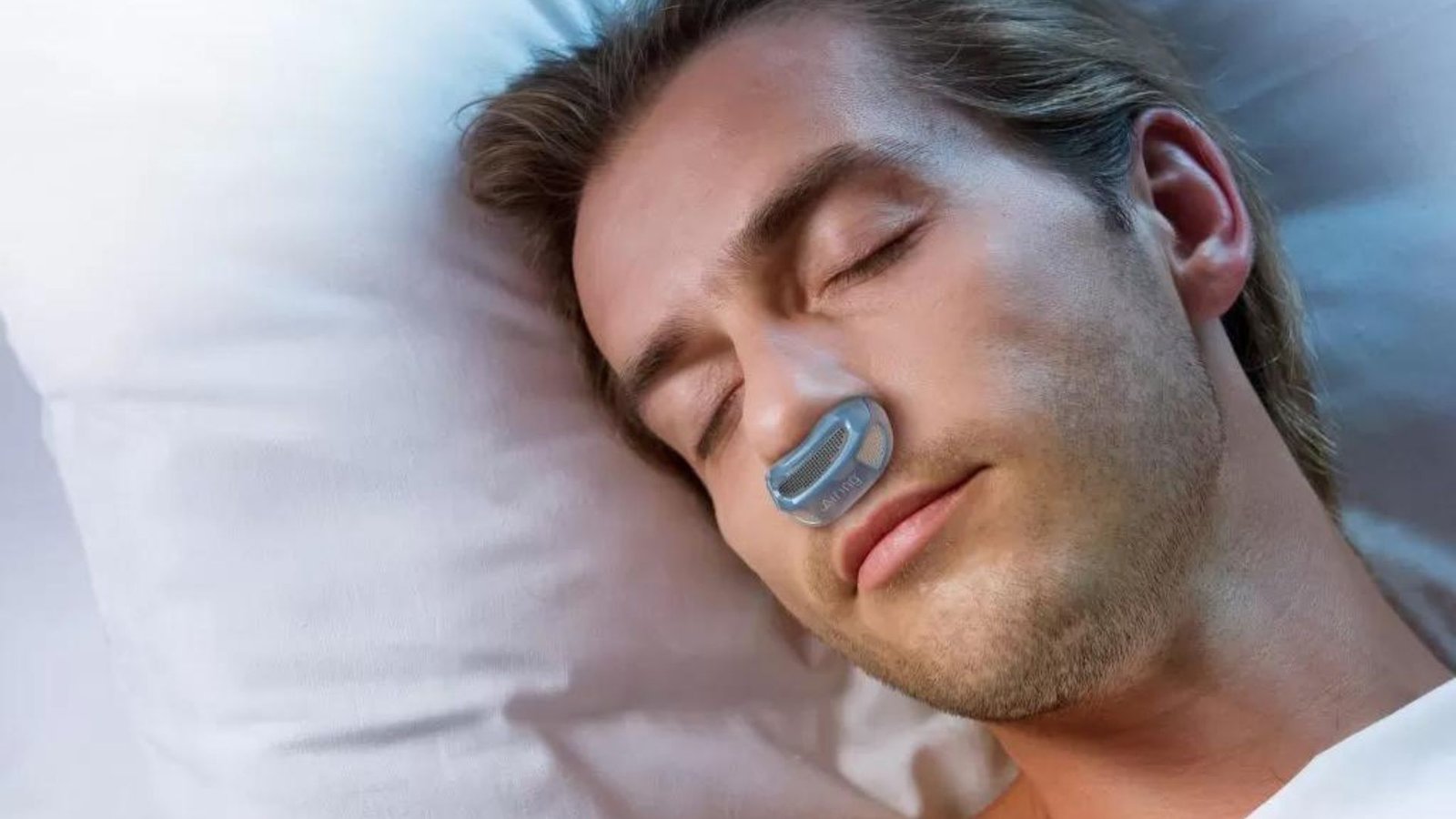Sleep paralysis is a distressing condition where individuals wake up unable to move or speak, often accompanied by hallucinations or a feeling of pressure on the chest. While it can be alarming, maintaining good sleep hygiene can play a significant role in preventing episodes of sleep paralysis. Here’s a detailed guide on how effective sleep hygiene practices can help you avoid this unsettling experience.

Understanding Sleep Paralysis
To effectively prevent sleep paralysis, it’s important to understand what it is:
- Definition: Sleep paralysis occurs when you wake up from sleep but are temporarily unable to move or speak. It can last from a few seconds to a couple of minutes.
- Causes: Factors such as sleep deprivation, irregular sleep schedules, stress, and sleeping on your back can trigger sleep paralysis.
Establish a Consistent Sleep Schedule
A regular sleep schedule is crucial for quality rest:
- Set a Fixed Bedtime: Go to bed and wake up at the same time every day, even on weekends. Consistency helps regulate your body’s internal clock.
- Avoid Naps Late in the Day: Limit daytime naps to 20-30 minutes and avoid napping late in the afternoon to ensure you’re tired enough to fall asleep at night.
Create a Relaxing Bedtime Routine
A calming pre-sleep routine can help ease the transition to sleep:
- Wind Down: Engage in relaxing activities before bed, such as reading, taking a warm bath, or practicing gentle yoga. Avoid stimulating activities like watching TV or using electronic devices.
- Limit Screen Time: Reduce exposure to screens at least an hour before bedtime. The blue light from phones, tablets, and computers can interfere with melatonin production and disrupt your sleep.
Optimize Your Sleep Environment
Your sleep environment plays a key role in your overall sleep quality:
- Comfortable Bedding: Invest in a comfortable mattress and pillows that support your sleeping position. This helps prevent discomfort that can disrupt your sleep.
- Dark and Quiet Room: Keep your bedroom dark and quiet. Use blackout curtains and consider white noise machines or earplugs if needed to create a peaceful sleep environment.
- Cool Temperature: Maintain a cool room temperature, ideally between 60-67°F (15-19°C), to help your body maintain a comfortable sleep state.
Manage Stress and Anxiety
Stress and anxiety can significantly impact your sleep quality:
- Practice Relaxation Techniques: Incorporate relaxation techniques into your daily routine, such as deep breathing exercises, meditation, or progressive muscle relaxation.
- Address Worries: Write down any worries or tasks for the next day before bed to clear your mind and reduce anxiety. Avoid discussing stressful topics right before sleeping.
Maintain Healthy Lifestyle Habits
Overall health and lifestyle choices can influence your sleep patterns:
- Regular Exercise: Engage in regular physical activity, but avoid vigorous exercise close to bedtime. Exercise helps regulate sleep patterns and reduces stress.
- Healthy Diet: Eat a balanced diet and avoid heavy or spicy meals right before bed. Caffeine and alcohol can disrupt sleep, so limit consumption in the hours leading up to bedtime.
Be Mindful of Sleep Positions
Sleep positions can affect the likelihood of sleep paralysis:
- Avoid Sleeping on Your Back: Sleeping on your back can increase the risk of sleep paralysis. Try sleeping on your side or stomach if you find that back sleeping triggers episodes.
- Use Supportive Pillows: Use pillows to support your preferred sleep position and help maintain proper alignment of your body.
Seek Professional Help if Needed
If you continue to experience sleep paralysis despite good sleep hygiene practices:
- Consult a Sleep Specialist: A sleep specialist can help identify any underlying sleep disorders or issues that may be contributing to your symptoms.
- Consider Therapy: Cognitive-behavioral therapy (CBT) or other therapeutic approaches can help address stress and anxiety that might be affecting your sleep.
Enhancing Online Gaming With New Experiences
Online gaming continues to evolve, offering players around the world a wide array of immersive experiences. For those seeking a blend of strategy and chance, real money casinos online provide an exciting way to engage with casino games in a secure digital environment. These platforms align well with the spirit of competitive online play found in MMOs. Whether grinding for gold or spinning the wheel, the thrill of digital gaming is stronger than ever.
Conclusion
Maintaining good sleep hygiene is a key factor in preventing sleep paralysis. By establishing a consistent sleep schedule, creating a relaxing bedtime routine, optimizing your sleep environment, and managing stress, you can significantly reduce the risk of experiencing this unsettling condition. If sleep paralysis persists despite these efforts, seeking professional advice can provide additional support and help you achieve better sleep quality.




